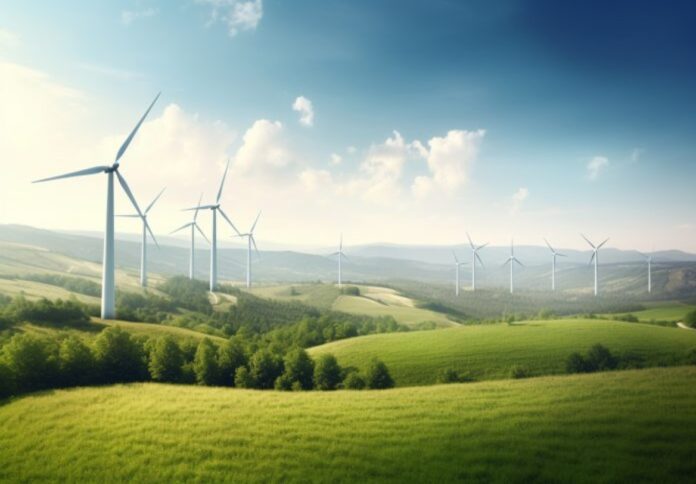
The NSW Government’s new Renewable Fuel Strategy is set to drive growth in the state’s clean energy and manufacturing sectors, according to Bioenergy Australia, which welcomed the announcement as a decisive step in shaping Australia’s low-carbon industrial transition.
The strategy includes up to $170 million in funding for renewable fuel and biomethane production, an expansion of the Renewable Fuel Scheme to cover biomethane, and a pathway for scaling domestic renewable fuel supply across the state.
Bioenergy Australia said the plan places manufacturing at the centre of emerging low-carbon industries by supporting new production activity and enhancing regional economic resilience.
Bioenergy Australia CEO Shahana McKenzie said the announcement reflects “exactly the type of policy direction needed to unlock new projects and commercial momentum,” adding that it provides the clarity industry has been seeking.
“[The] announcement shows the NSW Government is prepared to lead the next phase of Australia’s low carbon industrial transition,” McKenzie said.
“Renewable fuels are no longer a future ambition for NSW. [The] announcement moves them into the mainstream of the state’s clean energy transition and provides the certainty needed for investment, construction and new regional jobs.”
McKenzie said the policy is expected to stimulate manufacturing capacity by driving new biomethane and biofuel production, activating agricultural residues and waste streams, and creating opportunities across transport and logistics. “This is the kind of policy that builds capability at scale,” she said.
She noted that the Strategy is particularly important for industries that face slower pathways to electrification.
“Heavy transport, mining fleets, manufacturing, maritime and aviation all need viable low carbon alternatives right now,” McKenzie said.
“Renewable fuels and biomethane offer immediate, scalable solutions for these sectors, and NSW is positioning itself to meet that demand.”
McKenzie also highlighted the broader national implications of the state’s move. “This is a significant moment for NSW and for Australia,” she said.
“It signals that renewable fuels are essential to a resilient, low carbon economy and that the state intends to compete in a global market that is growing at extraordinary speed.”
Bioenergy Australia said it looks forward to working with government, producers, researchers and investors to help translate the Strategy into on-the-ground projects, commercial outcomes and emissions reductions.



















